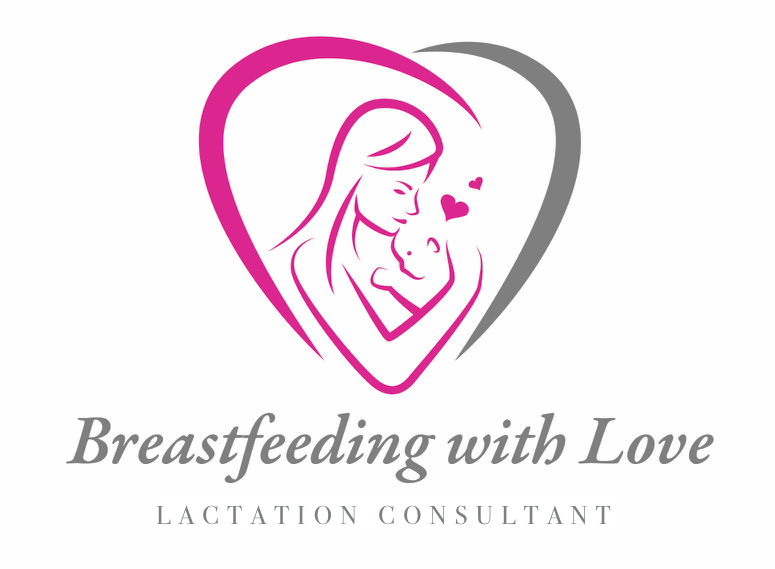Baby Friendly Initiative Program in Hospitals
The Baby Friendly Hospital Initiative launched is a Worldwide Program of the World Health Organization (WHO) and the United States Nations Children’s Fund (UNICEF). This is the Ten Steps for the Baby Friendly Initiative Program in Hospitals which helps to ensure positive outcomes for breastfeeding.
Have a written breastfeeding policy that is routinely communicated to all health care staff.
Train all health care staff in skills necessary to implement this policy.
Inform all pregnant women about the benefits and management of breastfeeding.
Help mothers initiate breastfeeding within one half-hour of birth.
Show mothers how to breastfeed and maintain lactation, even if they should be separated from their infants.
Give newborn infants no food or drink other than breast milk, not even sips of water, unless medically indicated.
Practice rooming in - that is, allow mothers and infants to remain together 24 hours a day.
Encourage breastfeeding on demand.
Give no artificial teats or pacifiers (also called dummies or soothers) to breastfeeding infants.
Foster the establishment of breastfeeding support groups and refer mothers to them on discharge from the hospital or clinic
Innocenti Declaration is a statement made by the WHO and the UNICEF organizations. A Global Initiative was held in Florence, Italy in 1995 and reaffirmed in 2005. The WHO and UNICEF statement is to Protect, Promote and Support Breastfeeding. This declaration recognizes that breastfeeding provides the ideal nutrition for infants therefore, contributes to a healthy growth and develop helping to reduce infant mortality and morbidity. Breastfeeding also contributes to the health of a woman, helps reduce breast and ovarian cancer and helps increase spacing between pregnancies. This declaration has set force targets to advance breastfeeding throughout the world, asking each government to:
1. All government by the year 1995 should appoint a national breastfeeding coordinator of authority and establish a breastfeeding committee composed of representatives from relevant governmental departments and non governmental organizations and health professional associations.
2. Help facilitate practice of the Ten Steps to Successful Breastfeeding is another goal.
3. Take action to give effect to the principles and aim of all the articles of the International Code of Marketing of Breast milk substitutes.
4. Enact Legislation rights for woman while working to protect breastfeeding rights of working women.

